Blockchain: A Revolution in the Cloud

Antiquated is not a word commonly associated with the advanced worldwide network of client-server configurations that make up modern data transmission. However, advances in data storage, file sharing and security protocols have struggled to keep pace with demands on infrastructure, cybersecurity threats and the ever-evolving competition that drives the industry.
Fortunately, decentralized computing – a shared ledger system that eliminates server-side shortcomings entirely – stands ready to completely overhaul the way modern businesses access and transact across their networks.
The Case for Cloud Computing on the Blockchain
Blockchain technology introduces a new paradigm in the world of security and data management. With the introduction of a decentralized network come the benefits of a virtually impenetrable infrastructure, free from the threat of DDoS attacks, data interception and localized disruptions. Blockchain systems greatly reduce the cost and vulnerabilities of previous systems. When combined with cloud computing, this new era is heading toward a truly secure and global marketplace for all businesses.
In addition to creating a more secure environment, blockchain-based cloud computing means companies can trust their valuable data in offsite scenarios without the need for costly intermediaries. The self-managed network is free from the constraints of expensive, single-point-of-failure systems. As a distributed ledger, information maintained across a blockchain network is copied and verified at every node, so that each office and user will know they are receiving the most accurate and current information. The kind of assurance provided by this self-reliant technology increases opportunities for multiple project leads to co-exist in the same space so that they can communicate and innovate with mutual cooperation.
Increased File Security
File security is another hazard of modern technology that is greatly improved via blockchain and cloud computing. Until now, no one has managed to develop a system in which sensitive data can be stored in a secure offsite environment, while also remaining freely accessible to those with proper credentials without exposing companies to external risks. Blockchain solves that problem by distributing data evenly across every node in the network.
Using advanced cryptography, all users within a blockchain network are granted immediate access to every iteration of data since the beginning of that ledger’s creation, while would be hackers are presented with the most secure integrity algorithm ever available to corporations.
However, beyond this, the basic structure of a blockchain system also has multiple additional benefits, including greater internal oversight. While blockchain’s security features were originally designed to prevent snooping from the governments of the world, they have since been adapted to the needs of modern business systems and are now virtually impenetrable from the outside. The sophisticated ledger process prevents tampering from the inside as well.
Since blockchain is based on a trustless system, users get the most accurate information as confirmed by other nodes on the network. This comparison ensures that no one can alter information for personal gain without controlling at least 51 percent of the active nodes, which in multinational scenarios would be incredibly difficult to accomplish. Data theft and corruption become a much less appealing option when faced with the digital footprints that are now impossible to erase without raising even more red flags.
Server hosting technology has grown by leaps and bounds over its short history, but newer technologies are pushing innovations that test the limits of hardware capabilities. With this research comes larger expenses and newer hardware that can become unfeasible for businesses working on a budget.
While cloud computing eases these issues by moving data off site and freeing up resources, it also introduces some security issues and can still present specific hurdles to integration when competing systems don’t communicate as desired. Blockchain cloud computing potentially eliminates the bulk of these issues while introducing an unprecedented level of interchangeability and accountability amongst nodes.
Distributed Apps
Perhaps one of the most interesting developments of blockchain adoption is the ability to construct and utilize distributed applications across the network that can streamline and unify business systems accessing the ledger. These apps integrate with the cloud to bring new levels of cooperation between the business processes already in place and the decentralized network connecting them.
From healthcare systems in which file management involves millions of individual records across countless data systems, to financial corporations operating in dozens of currencies on unique exchange protocols, to a manufacturers supply chain where precise tracking needs to be measured down to the second, distributed apps ensure a brand new level of accountability in data management.
Blockchain and the Future of Business
It’s quite clear that blockchain represents much more than cryptocurrency, but the story of how innovative organization will make use of it is still being written.
One area in which blockchain is already playing a significant role is the so-called Fourth Industrial Revolution or Industry 4.0. Combining blockchain technology with the industrial internet of things (IIot) will improve traceability and efficiency for the repair and maintenance of connected systems and equipment in smart factories. According to a 2018 Gartner report, nearly one-third of large manufacturers will have implemented Industry 4.0 projects involving blockchain by 2023.
Does your organization have a plan for the changes coming with next industrial revolution? View our interactive Industry 4.0 experience to find out about the opportunities, challenges, and IT solutions you should be considering as you develop a strategy to adapt and move forward.
While it is uncertain how much of our daily interactions will ultimately be controlled via the blockchain revolution, what is clear is that the underlying technology holds massive potential for modern interactions. When combined with the convenience of cloud computing, blockchain is an asset that further secures and enhances the promises of the decentralized world. It stands to reason that continuing this evolution will unveil even greater innovations as the process matures.
OneNeck takes pride in offering IT solutions for companies moving to the cloud. From hosted private cloud and on-premise private cloud to public cloud solutions, we can customize a design and migration plan for businesses in a variety of industries.
Additional Resources:




